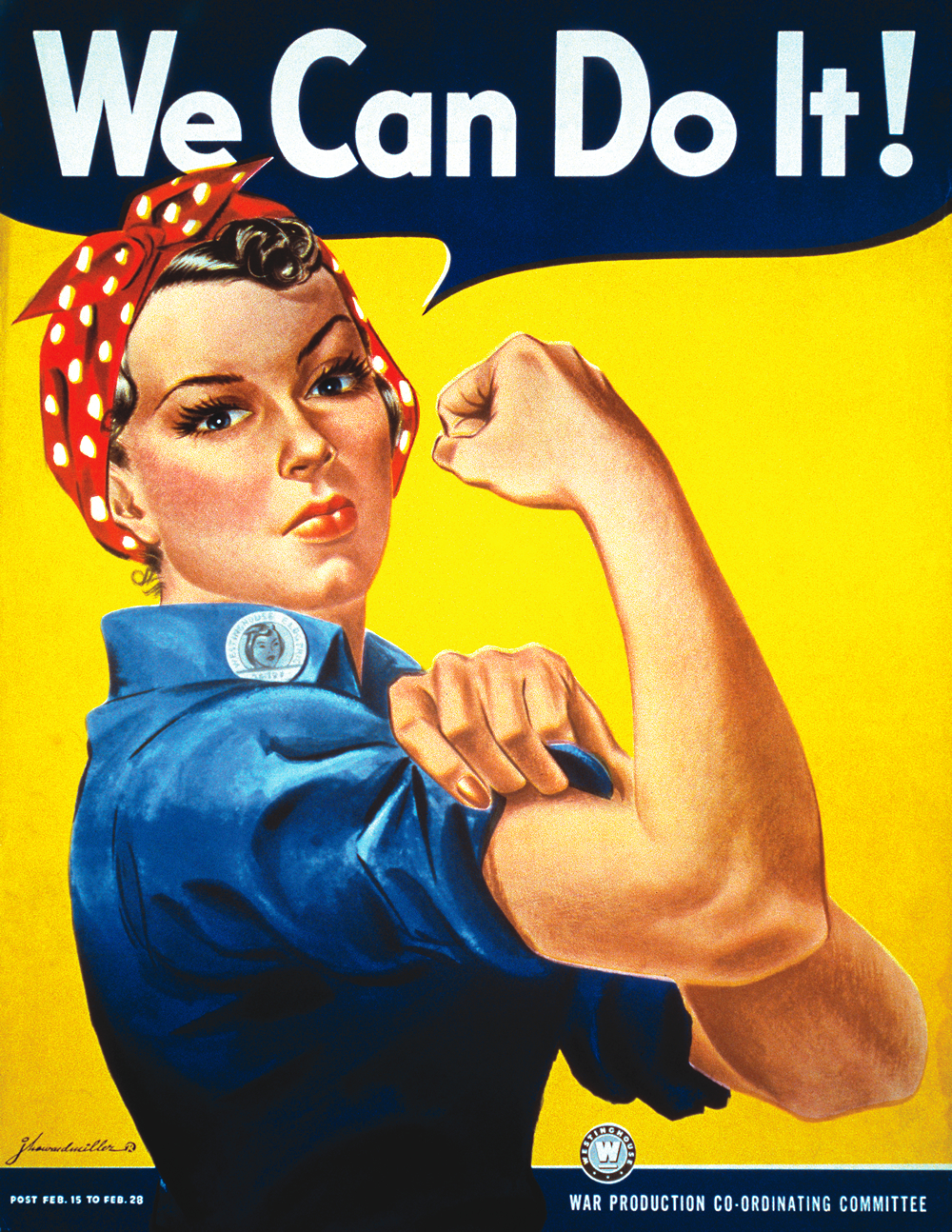“Just what was the problem that has no name? What were the words women used when they tried o express it? Sometimes a woman would say “I feel empty somehow… incomplete.” Or she would say, “I feel as if I don’t exist.” Sometimes… “A tired feeling… I get so angry with the children it scares me… I feel like crying without any reason.”
By the 1960s, women felt that they were misrepresented in society and had an urge to take charge to have a bigger voice. They were tired of their role as the inferior in the household. This quote is from the book The Feminine Mystique written by the inspirational, Betty Friedman. Betty Friedman was one of the many women that started speaking up and expressing their thoughts and opinions regarding their treatment. Betty spoke about what it was like to be a middle-class housewife, giving an overview of what other women in the same position as her were dealing with. She expressed how every woman felt a sense of yearning and dissatisfaction. They had a gut feeling that something wasn’t right and they all wanted to spend their lives doing something more in order to fill fulfilled and not just be a housewife. Howard Zinn includes Betty Friedman because she was a role model to other women during the time period. Betty influenced them to speak up and realize they deserve better in their life. She made a point that women were living through their husband and children instead of having their own path and journey to take upon. Betty Friedman was a strong woman who knew from the start that change was necessary. Women during the 1960s and 1970s were trapped in a world where they only contributed by being mothers and housewives, feeling isolated and deprived of their freedom. Betty Friedman, being a white middle-class housewife, faced the same struggled that other females were going through and in her book, the “mystique” symbolized the lack of rights and power that woman had, not living their own independent lives. “The only way for a woman, as for a man, to find herself, to know herself as a person, is by creative work of her own.” What Friedman stated in her book was proven to be accurate and true since there was a strike against men shortly after in the summer of 1964. Women were tired of being forced by men to constantly do housework while they they had their freedom. Once Betty Friedman spoke up such as Margaret Benston who also wrote about how women who weren’t working and were housewives were technically like peasants. Women all over the world felt that they needed to stand up for their rights in order to get the change that they want to see.
“I organized this neighborhood organization, two men and six ladies started it. That was a hard pull. A lot of people joined in later. For about five months we had meetings pretty near every night. We learned how to work with other people…. A lot of people were afraid to really do anything. You were afraid to go to the city hall or ask for anything. You didn’t even ask the landlord for anything, you were afraid of him. Then we had meetings and then we weren’t afraid so much anymore…. The way we got this playground: we blocked off the street, wouldn’t let anything come through. We wouldn’t let the trolley bus come through. The whole neighborhood was in it. Took record players and danced; it went on for a week. We didn’t get arrested, they was too many of us. So then the city put up this playground for the kids…”
As difficult of a struggle it was for white women to gain their place in society, it was even more challenging for African American women to find happiness. In order to take a step further in fixing the problems women were facing, services were started in order to unite and become a stronger pact. During the mid 1960s, many African American people living in a neighborhood in Atlanta (up to ten thousand) joined together in order to help each other. They did this by creating a thrift shop, nursery, medical clinic, monthly family suppers, a newspaper, a family, and a counseling service. This quote was from Helen Howard, who was an organizer behind this movement. Helen Howard was a significant person since she supported and put in effort and action in order to push for social change. Howard Zinn included her since she was the main person behind this neighborhood event, organizing it herself. In such quiet protests, women made sure to not be a threat to their locals and used such an intelligent method that provides ways that can actually create a positive effect. Such a method is a good representation showing how women have what it takes to take upon roles in society other than housework. If they were to push for change by rebelling or in an aggressive matter, the outcome would not be one they would hope for since people would assume women would create issues in the society. Helen Howard was seen as an influential and remarkable woman who was strong enough to advocate and stand up for what she believed in, supported by her community. If it wasn’t for her, there would have been no solution to the problems the many woman that looked up to her looking for advice. She was seen as a smart and fearless woman by many.


